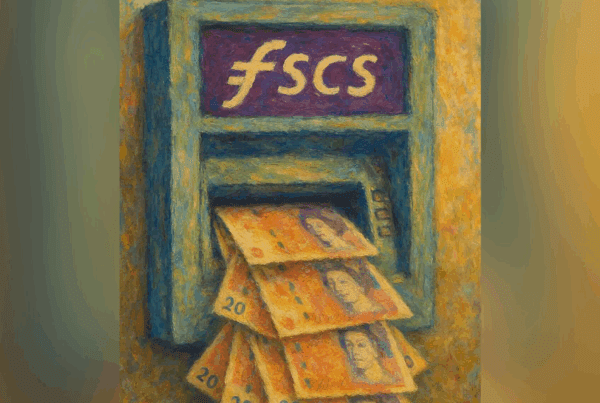
Over the last two decades or so, the broking community has latched on to the services made available from QuestGates, he said, which, in turn, led to the firm becoming more involved with BIBA. QuestGates has now looked after the BIBA valuation facility since 2013, which has provided the association’s 2,000+ members with an outlet through which to guide their clients through the process of setting their sums insured.
Read more: Chair of BIBA’s Access to Insurance Committee calls brokers to action
The fact is that underinsurance isn’t a slight inconvenience, he said, but rather a major risk facing businesses and consistent annual findings show that around 70% of firms are underinsured to the tune of 40% or so. Then came the dual blow of Brexit and COVID. Brexit brought along considerations about migrant labour and access to materials, he said, and then COVID came along bringing rising claims costs and dramatic shifts in business models.
The financial strain the crisis is putting on businesses and business owners is threatening the fragile gains that have been made in combatting underinsurance. There are business owners who know they’re underinsured, he said, who know they need a valuation, but either don’t want to or can’t afford to – and now the financial ramifications of COVID have accentuated that.
“Businesses just don’t have lots of money to throw around,” he said, “and that includes insurance companies, who have had to quite considerably increase premiums in many areas. Insurers are having to be very careful about their own costs. So, they’re increasing the premiums but they’re also being very strict and directly interpreting the terms of their policies, as opposed to maybe showing a bit more flexibility, as they would have in a soft market.”
Businesses that have had their insurance premiums rise dramatically likely don’t feel like spending more money on a valuation, he said, but this is where brokers need to get involved. Spending £1,000 or so now can save a business literally hundreds of thousands of pounds in the event of a claim.
“And then there are some very real examples of that,” he said. “There was one we had not long ago for a petrol station with a motor workshop at the back of it. And fortunately, we were able to value their premises for them before there was ever a loss. But, from memory, they were 38% underinsured, which in monetary terms was over £700,000. Now, you turn that into real life, and if I turn up with my loss adjusting hat on rather than my valuer hat on, I’m having to tell somebody, they’re getting £700,000 less for their claim than they thought they were going to get, which could well end the business.”
Read more: Gallagher poll points to cyber underinsurance
BIBA revealed recently that two-thirds of businesses have changed their model in the last 12 months, but 90% haven’t changed their insurance cover, and that is quite telling, Steward said. It shows that not only has the tide turned in the wrong direction, with claims costs starting to increase, but also the market is heading towards a real problem with underinsurance again, if companies don’t react quickly enough.
But brokers have successfully helped battle underinsurance before, Stewart said, and he is confident that they will do so again. Ultimately, brokers are the only people that actually know the insured, and so it is natural that if the insured is going to trust anybody, it will be their broker. That’s why it’s so important that brokers are armed with as much information as possible to explain the pitfalls of underinsurance and the benefits of insuring a property for the correct amount.
“From our point of view, it is really important that we take brokers along this journey with us so that they can have these conversations,” he said. “And there’s no doubt that these conversations will be harder to have post-COVID. It’s a really hard environment that brokers are working in, especially those that are having to break the news to clients that their premium is going to double at next renewal… It’s no surprise that [the focus] is just on retaining existing clients and winning new business, but that doesn’t mean these conversations don’t need to be had.”
The choice of whether to have a valuation ultimately rests with the client, he said, but the responsibility to offer the right advice is at the very core of the broking offering. He quoted Benjamin Franklin’s warning that, “it takes many good deeds to build a good reputation and only one bad one to lose it.” Insureds need to trust that their brokers are evaluating every risk and potential pitfall that could damage their business continuity, and brokers need to move the conversation away from price and towards value.
“We have an opportunity in 2021 to move ourselves back from the cliff face,” he said. “We’re walking towards it currently and things could go very badly wrong over the next year or two, with a combination of the hard market and the economy and companies just not having the money to spend that they had in the past. Companies will still have claims, that’s the one thing that can be guaranteed… So, from my perspective, my message to brokers is to please keep under insurance, and eradicating under insurance, on the agenda when they have conversations with their clients.”




